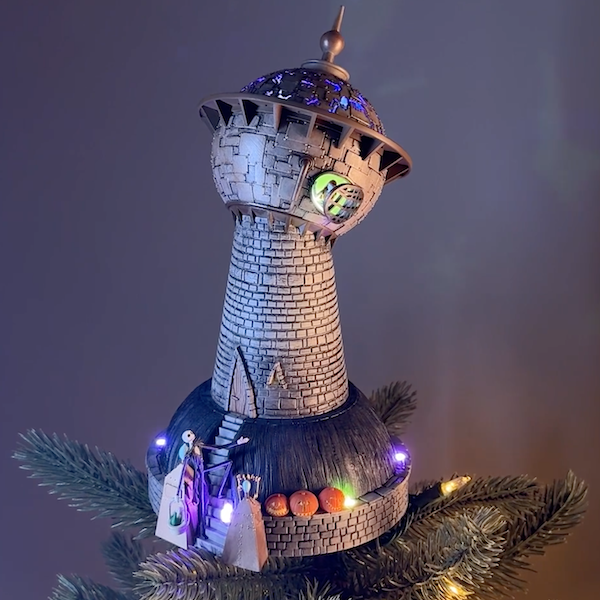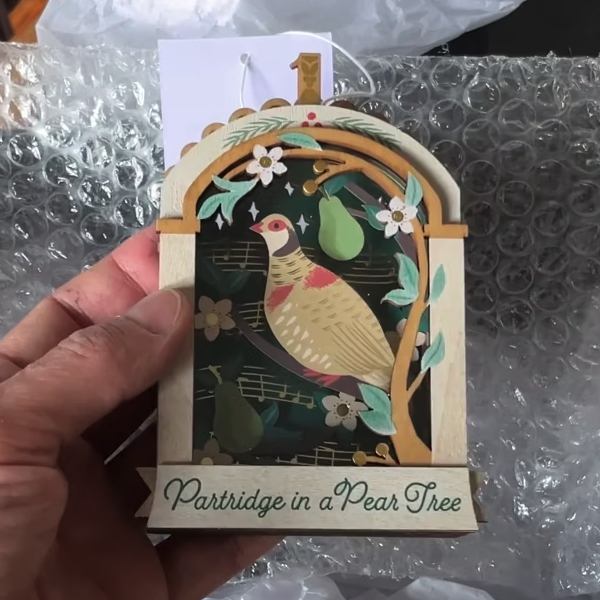What is Passover?

Passover commemorates the Israelites’ journey out of slavery in Egypt, as recorded in the Torah and in the Bible (Exodus chapters 1-14). God commanded Moses to lead the Israelites out of this slavery into the wilderness, but when Moses asked Egypt’s ruling pharaoh to free the people, the pharaoh refused.
Inspired? Create and share by tagging @hallmarkstores.
God then sent 10 plagues upon the Egyptians, the last of which was a vow to send an angel of the Lord to kill the firstborn in every Egyptian home. Israelites were told to mark their doors with the blood of slaughtered lambs so that the plague would “pass over” them and spare their families.
After the plague, the pharaoh ordered the Israelites to leave Egypt immediately. The people left in such haste that the bread they were baking had no time to rise. They packed the unleavened bread, which was more like hard crackers called matzos, to take with them on their journey.
The pharaoh later changed his mind and sent his army to capture the Israelites. Trapped at the shore of the Red Sea, Moses called on God’s power to part the sea. The Israelites passed through safely before the sea crashed in and drowned the Egyptian army.
As the Israelites left Egypt, God commanded the people to mark seven days in the month of Abib and to observe them each year by eating unleavened bread and telling their children the history of Israel’s journey out of Egypt (Shemot/Exodus 13:3-10).
You may also like
See more-
Birthday Free birthday coloring pages to add more fun to the celebration
The best birthdays are the ones filled with lots of little treats and fun activities, from sunup to sundown. If you’r...
-
Family Tips and ideas for preserving and displaying family recipes
Family recipes are a special kind of priceless heirloom—the kind that transport us back to our favorite times with ou...
-
Mother's Day Meaningful, personal Mother's Day gift ideas for every mom you know
It can be tough to come up with gift ideas for Mom. Most of us want to give her something meaningful: a gift that sho...
-
Father's Day Celebrating two dads on Father's Day: Tips and ideas inspired by real families
As a dad, I appreciate Father’s Day. Even though my family has never made a really big deal out of it, it’s always so...
-
Thank You 100+ teacher appreciation gift ideas to say “thanks for all you do!”
In 6th grade, my homeroom teacher made us illustrated, laminated bookmarks—each one a custom collage of our interests...
-
Christmas Dr. Finkelstein’s Lab Tree Topper
Fans of Disney Tim Burton’s The Nightmare Before Christmas, we have a frightfully fun new addition for your tree! Kee...
-
Graduation Graduation gift ideas for every level of education
My little brother starts kindergarten this year, and I’m already bracing myself for the tears—mine, not his. I know t...
-
Lifestyle Free printable When Calls the Heart Bingo card to celebrate the Season 11 premiere!
Who's ready for a Heartie Party? You know we are! So much so, we created a bingo card to add a whole extra layer of f...
-
Christmas Star Wars: A New Hope™️ Collection
You don’t have to travel to a galaxy far, far away to experience an epic adventure! Each stocking holder performs sce...
-
Christmas Wreath of Memories Keepsake Ornament
Get a special behind-the-scenes look at how Keepsake Artists Gregor Benedetti and Rob Stanphill collaborated on the d...
-
Christmas Howliday Helpers First in Series Keepsake Ornament
Do you want the inside scoop on an im-paws-ibly cute new series? We’ll throw you a bone—Keepsake Artist Sharon Visker...
-
Christmas Keepsake Ornaments ShowToppers Mini Collection
We’re so excited to introduce our new ShowToppers collection. Featuring three unique designs, each tree topper is int...
-
Christmas Keepsake Ornaments North Pole Village Table Decoration
Keepsake Artist Sharon Visker is here with a special delivery of Christmas magic! Hear how she brought this bustling ...
-
Christmas Harry Potter and the Chamber of Secrets™️ Storytellers Collection
Ready for a little magic? Featuring light, sound and real dialogue from the movie, Harry, Dobby, Ron, Hermione and th...
-
Christmas Disney The Haunted Mansion Collection
Welcome, foolish mortals, to the Haunted Mansion! Featuring interactive light, music and dialogue from the classic Di...
-
Christmas The Grinch Wreath
This amazing motion-activated wreath may not steal Christmas, but it’ll definitely steal the show! Complete with ligh...
-
Christmas Twelve Days of Christmas First in Series Keepsake Ornament
Watch as Keepsake Artist Gregor Benedetti and Senior Design Technician R.J. Stebbins collaborate on the first ornamen...
-
Christmas Christmas Is… First in Series Keepsake Ornament
Keepsake Artist Tim Bishop didn’t have to go too far to find inspiration for his first Keepsake Ornament series. Duri...
-
Christmas Cup of Cozy First in Series Keepsake Ornament
Sugar and spice and everything nice, that’s what the new Cup of Cozy series is made of! Hear how Keepsake Artist Iman...
-
Arts, Crafts & DIY 9 DIY memory box ideas to keep special days close at heart
Every incredible trip, amazing party and huge milestone comes with its own unique memories and little objects worth h...





















